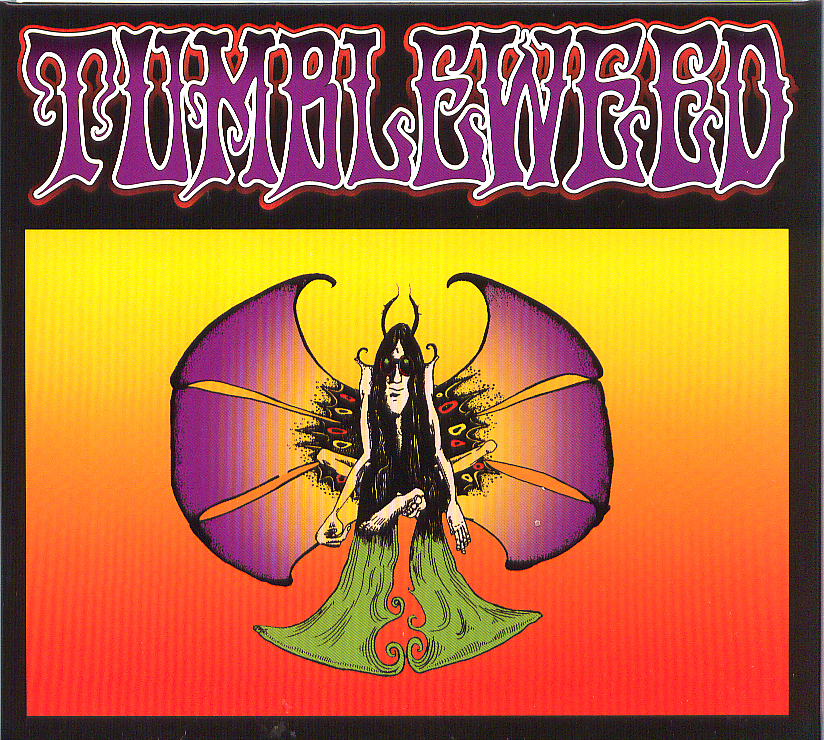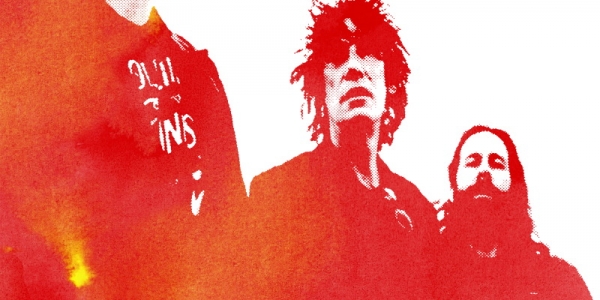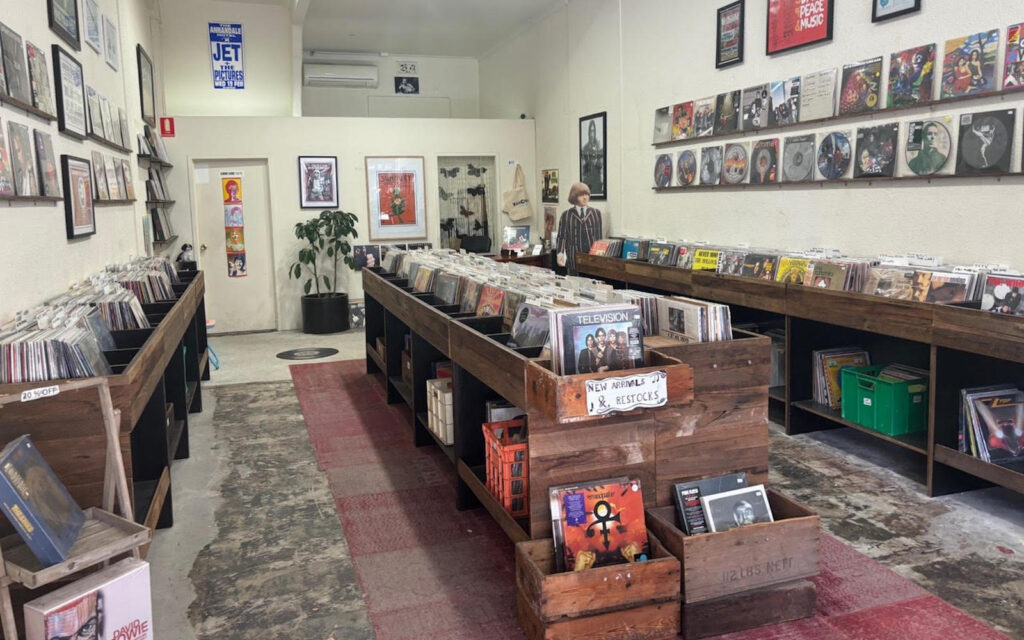Within a few years, however, the Tumbleweed star was falling. The release of Galactaphonic in 1995 – which arrested some of the band’s disappointment with its initial dalliance with the American major label industry – was Tumbleweed’s last with the original line-up of Lewis, guitarists Lenny Curley and Paul Hausmeister, bassist Jay Curley and drummer Steve O’Brien. Lewis Curley and Lewis, the last remaining original members of the band, called it a day in the early part of this century.
Tumbleweed lay dormant for some years, until the offer of a gig at Homebake in 2009 provided the catalyst for a full-scale reunion. Perhaps the most pleasing aspect of the band’s reformation – albeit based around the band members’ various mature-age domestic and professional commitments – has been the re-kindling of the intra-band friendships upon which Tumbleweed was conceived originally. “At the member we see each other weekly, and we’re practising every Sunday and Tuesday,” Lewis says. “We got together originally as friends, so it’s been good to get back to that.”
It was the sense of friendship, coupled with a desire to avoid becoming a heritage act, that’s provoked Tumbleweed into writing songs intended for a new album later this year. “We got to a point where we’d been playing the early 90s stuff for about two years,” Lewis says. “We realised that couldn’t keep doing the nostalgia thing – we couldn’t just keep doing the RSL club re-hash of our old stuff.”
Lewis says nothing much as changed a lot in the way Tumbleweed conceives and develops new music. “The songs tend to start with a few riffs of Lenny’s or Paul’s, and then we just nut it out in the practice room” he says. “We’ve always done it like that. I suppose the only real difference is that everyone else has been in other bands since we broke up, so they’ve got better practice in putting the songs together. We’re still trying to do the same thing we were originally, but the songs are a bit more realised,” Lewis says.
While Lenny Curley has been on record suggesting his own contribution to the Tumbleweed canon has been to introduce plagiarised classic rock riffs, Lewis says Curley’s impact is far more significant. “Lenny’s style is quite frantic, whimsical and original,” Lewis says. “He perceives his own music in a different way, so even if he’s influenced by classic riffs, he does it in a way that’s kind of weird.” Hausmeister offers an altogether different approach. “Paul’s riffs tend to be a bit more thought out – he tries to trick himself,” Lewis says. “ I think Lenny’s a bit more punk rock, whereas Paul is a bit more metal, a bit Status Quo in style.”
Like an adult scorning their high school poetry, Lewis is critical of his own historical efforts in constructing lyrics for the band’s music. “I pretty much hate the stuff I’ve done in the past,” Lewis says. “Now I’m trying to write lyrics that I’m happy with – I want to say things that actually mean something. It’s a continuous struggle to write lyrics that I’m really happy with – I think that’s a struggle that most people have. You want to convey something in words without being too obvious or earnest,” he says.
For the new Tumbleweed album, the band looked to ARIA-winning producer Paul McKercher, who produced Galactaphonic. “Paul was pretty much the only choice we had,” Lewis says. “When we did our first record they gave us a US producer, who didn’t really understand us. When we worked with Paul on Galactaphonic, he understood what we were trying to do, and he also took it to another level.”
Tumbleweed’s approach to making music may not have changed; its professional modus operandi is now based on the band’s, and not the industry’s, terms. “We got to the point when we were playing so much that we got sick of it,” Lewis says. “The disillusionment set in when we had no control over what we were doing, and we found ourselves playing just to keep other people happy. Now we’re picking our own shows, and playing is our own escape from the normal. We’re no longer taking things from granted, and we’re certainly appreciating it a lot more.”
BY PATRICK EMERY







